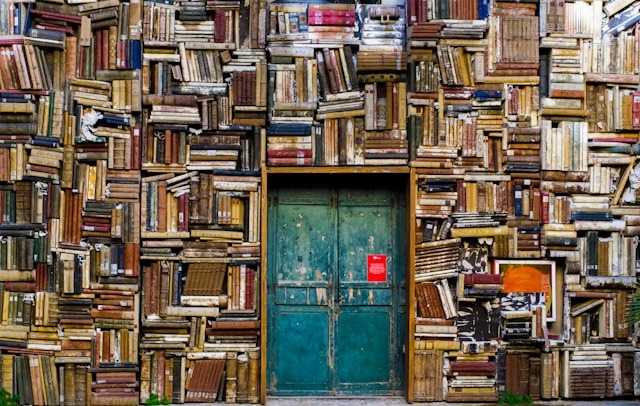Can AI replace translators?
Artificial intelligence is being used more and more in the workplace. Many are already using AI tools for writing code, automating customer service, summarising long legal documents, and facilitating problem-solving. For such mundane tasks, its use is justifiable. However, when used in the creative industry, it is a lot more controversial. Things that are so beautifully human are being replaced by AI for the sake of productivity. Among these is the prospect of using AI in book translation. A Dutch publisher has recently announced that it will start translating books using artificial intelligence. So, can AI effectively replace humans?
Veen Bosch & Keuning (VBK) is the largest publishing company in the Netherlands. They’ve recently announced a new translation project that will use AI “to assist in the translation of a limited number of books” which will be on an “experimental basis”. Vanessa van Hofwegen, VBK’s commercial director, states “This project contains less than 10 titles – all commercial fiction. No literary titles will nor shall be used”.
On the surface, this does not seem like a huge problem. Only a small number of books will be translated using AI, and the authors of those books have given their permission. Surely many of the authors would prefer to have their work translated into other languages, able to access more international markets. That extended scope might be worth a less accurate translation. Furthermore, VBK insists that the process “starts and ends with human action”, starting with human-written books and ending with a human editing phase.
Despite their reputation for being unreliable, if you use an automatic translator today, you might find the result to be surprisingly accurate.
But as a modern language student, I have learnt that there is far more to translation than mere technical accuracy
But as a modern language student, I have learnt that there is far more to translation than mere technical accuracy. Literary work often includes specific contextual references that are completely overlooked by machine translators. There’s tone, humour, and idiom that only someone fluent in both language and culture can translate perfectly. AI tools such as ChatGPT are certainly making progress in this regard. Trained using sources from a variety of media and genres, it can respond effectively when told to translate a text whilst maintaining the original tone. However, its ability to do so remains inconsistent, especially when translating an entire book.
Furthermore, it is imperative to consider that artificial intelligence does not think like a human, but instead recognises patterns. It recognises that the French word “maison” is most frequently associated with the English word “house”. So, it uses that connection and builds the translation around it, recycling its given sources to create something that resembles those sources. Hence, it is quite easy to notice how formulaic AI responses can sound. An AI translator will erase any originality in the writer’s voice and style, whereas a human would translate it seamlessly whilst preserving the original intent.
With fewer translation jobs and fewer students taking modern language degrees, the use of AI is only going to accelerate the decrease in professional translation. Translators find this notion extremely concerning. Ian Giles, Co-Chair of the Translators Association, has stated that “one third of literary translators are already losing work to AI.” He further questioned, “If authors wouldn’t let AI write their own work, do they wish it to be translated by AI?” Another translator, Lisa Fransson, notes “As an author I know that I weigh every word … A book, any book, is a work of art. So why would you even consider running it through a machine?”
While VBK assures its readers that this is only an experimental project, it perhaps marks the start of a greater reliance on AI technology. After all, using AI is cheaper and more efficient than a human translator. Though these first ten books will be translated with human supervision, if AI translation becomes the norm, humans will play a smaller and less significant role in the process. As we have established, if we no longer rely on human understanding to communicate human messages, the voices of both authors and translators will be overshadowed by AI.
In conclusion, we need a balanced approach when it comes to potential AI translations. It is always wonderful for authors’ voices to transcend language barriers, and AI tools can certainly facilitate that. But human insight is irreplaceable and should be present whenever art is being produced. Veen Bosch & Keuning is managing this in a sensible and ethical way, and we must ensure that approach is not compromised for the sake of productivity.
References:
https://about.simonandschuster.biz/news/simon-and-schuster-acquires-vbk/

Comments